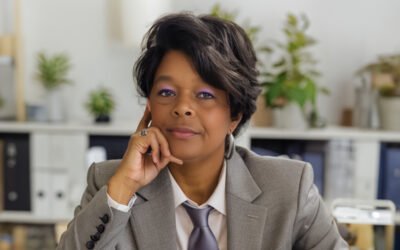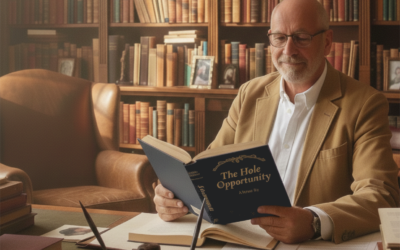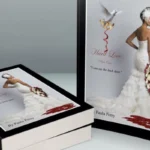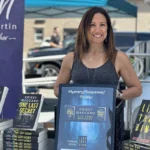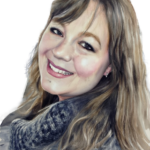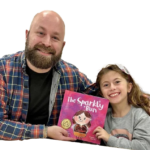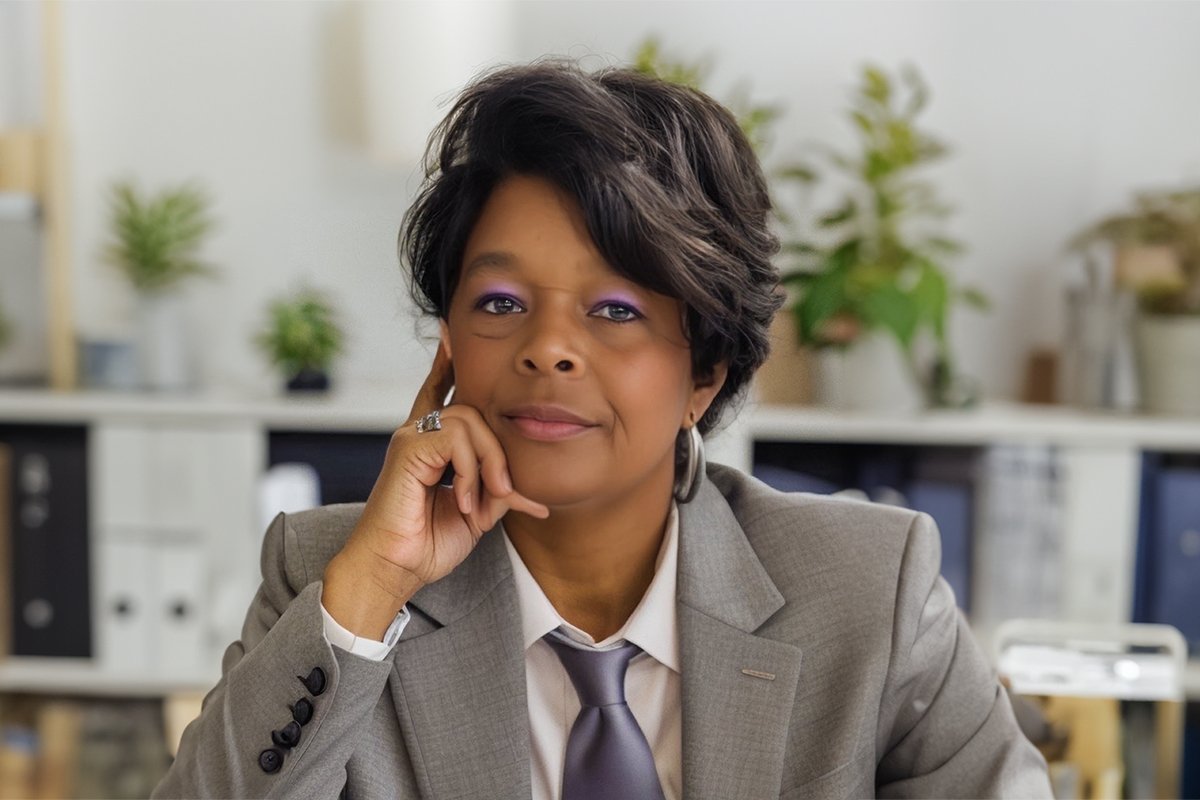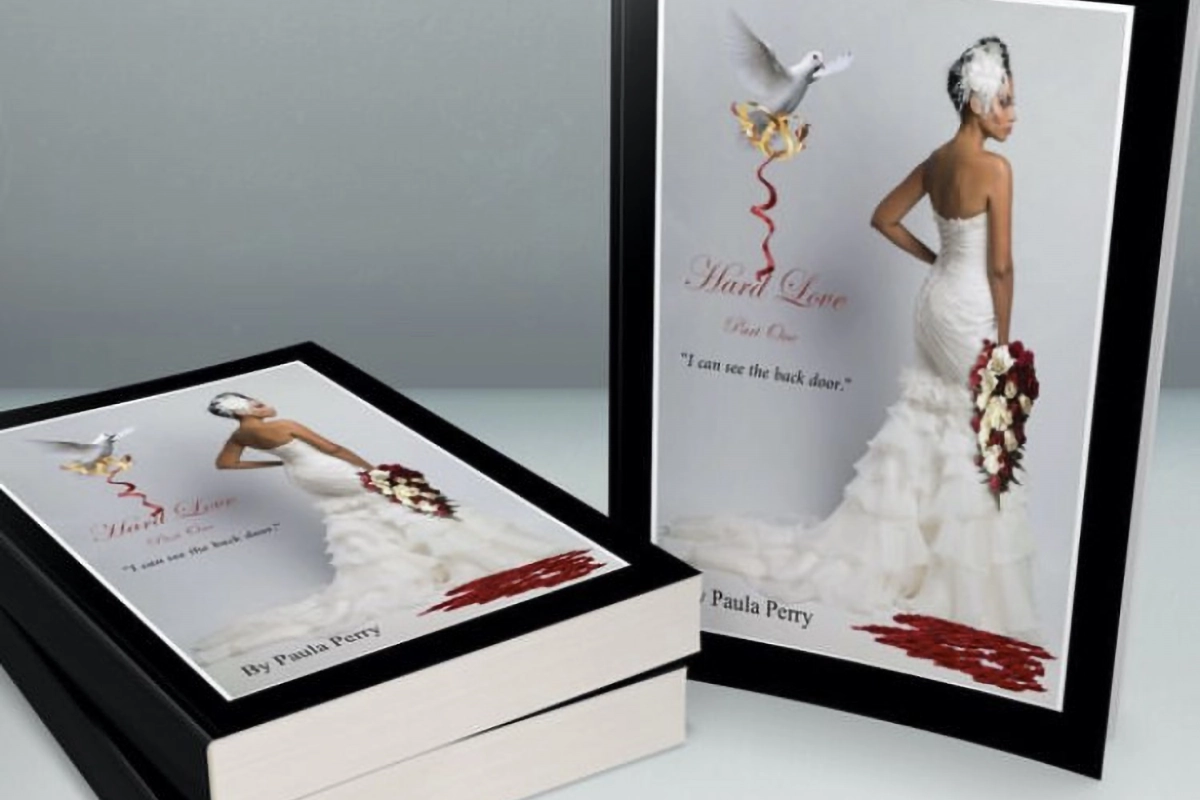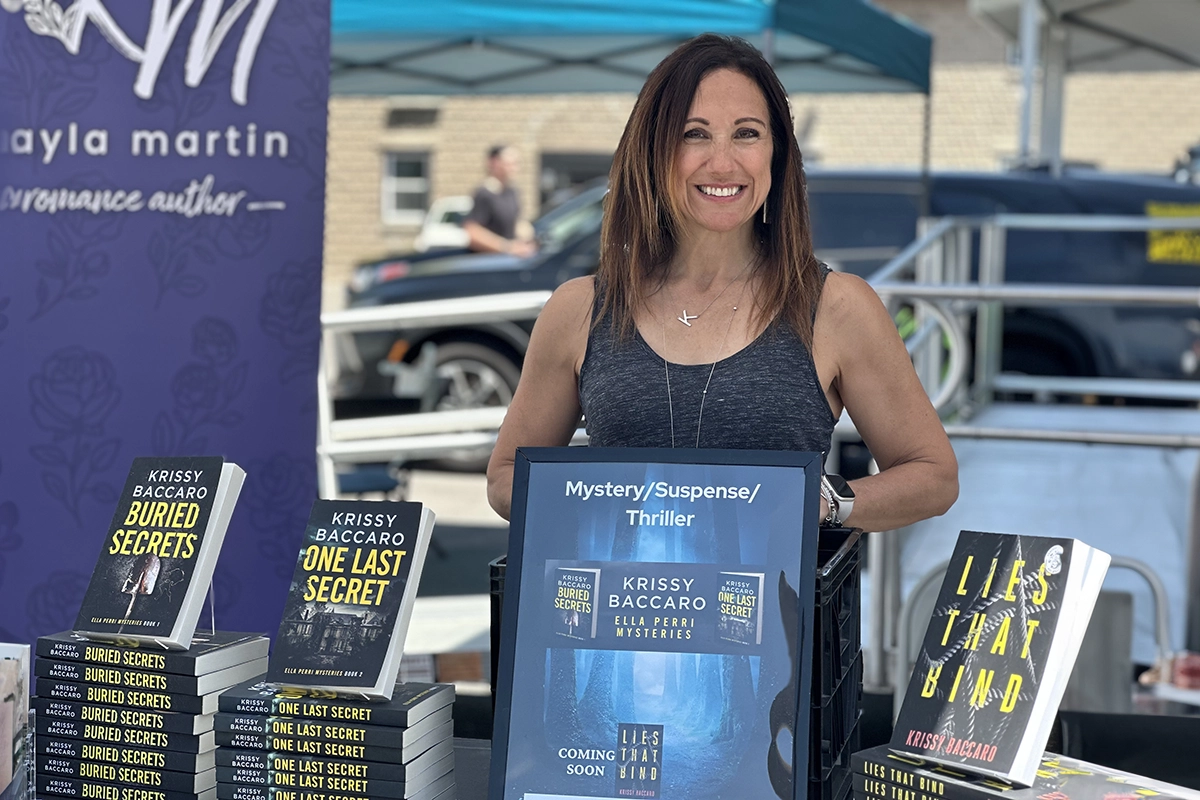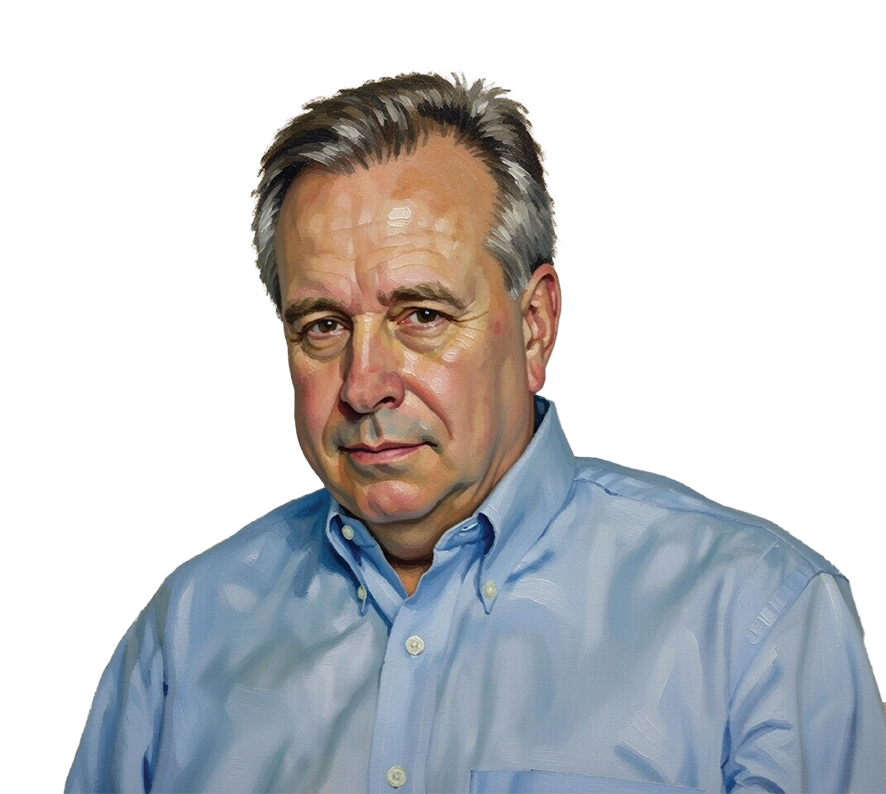Vera Jane Cook Shares Her Literary World Of Southern Roots, Sci-Fi Suspense And Multi-Generational Sagas

The Dynamic World Of Women’s Fiction And Fantasy
In this interview, Vera Jane Cook discusses her diverse genres, creative inspirations, character-driven storytelling, and upcoming projects. Her works reveal an extraordinary ability to navigate history, emotion, and fantasy.
Author Vera Jane Cook, an exceptional literary talent, has carved a unique niche in the literary world with her unparalleled ability to seamlessly navigate diverse genres. Writing under her own name as well as her evocative pen name, Olivia Hardy Ray, Cook invites readers into richly imagined worlds—whether rooted in heartfelt Southern fiction or imbued with fantastical, otherworldly allure. Her expansive body of work vividly demonstrates her artistic range, drawing readers into captivating tales of magic, mystery, family, and resilience. From the poignant depths of Dancing Backward in Paradise, a multiple award-winning women’s fiction novel, to the haunting suspense of Pharaoh’s Star and Annabel Horton: Lost Witch of Salem, Cook’s stories are masterclasses in emotional authenticity, lush narrative landscapes, and unforgettable characters.
In this interview, shared with Mosaic Digest magazine, Cook reflects on her creative journey, offering insights into her inspirations, processes, and the alchemy of her storytelling. At the heart of each novel lies her unique gift for crafting deeply human stories—even when exploring themes of witches, time travel, or alien abductions. Praised for her ability to dive deep into the psyche of her characters, Cook masterfully balances emotional depth with compelling narrative pace.
Cook’s versatility as both Vera and Olivia is a testament to her unmatched skill, passion, and imagination. Whether chronicling multi-generational southern sagas in The Fourniers or immersing readers in the Civil War-era intrigue of her upcoming The Perfect Heart series, Cook’s novels are not merely stories—they’re immersive experiences in literature, history, and human emotion. As you read this exclusive interview, you’ll discover the magic behind the artistry of an author whose work continues to resonate deeply across audiences and genres—a Mosaic Digest essential feature and celebration of literary brilliance.
Vera Jane Cook masterfully blends emotional depth and vivid storytelling, delivering unforgettable characters and captivating plots across women’s fiction and fantasy.
What inspired you to write Faith Among Friends, and how did the idea for the story first come to you?
I actually wrote this novel several years ago, not long after I had written my first novel, Dancing Backward in Paradise. It wasn’t published for years because I was enmeshed in writing Southern fiction and I didn’t think the novel was as good as The Story of Sassy Sweetwater or Where the Wildflowers Grow. At that time, I just wanted to create really fine prose, a literary book, perhaps a mystery, but for years the story kept going round and round without falling into place. However, Faith Among Friends finally morphed into a novel about youth and betrayal, a novel of friendship, for better or worse. Like all my novels, Faith Among Friends is ripped from the story of my life. I was a drama school addict, a theatre wannabee, a confused young woman who wondered whether to turn left or right in life and wound up going the wrong way. Like all the characters in Faith Among Friends, I too, am a late bloomer. That said, these characters, all loosely based on people I’ve known over the years, had a happy ending. They healed and went on, as I have done.
How do you approach writing across such distinct genres like Southern fiction and sci-fi under different pen names?
I was influenced by the authors I read and loved through the years. Authors like Dean Koonz, Anne Rice, Edgar Allen Poe and by women’s fiction writers, writers who write strong pose, and tell a great human story. Writers like Wally Lamb, Anita Shreeve and Jodi Picoult, and so many others. When I read, I like to fall into prose the way one might fall into music. Fantasy takes me deep into my spirit and women’s fiction takes me deep into my heart. I had to separate the two sides of myself by taking a pen name for the fantasy, but I am both of this world, with all its present drama, and I am not of this world. I’m also part of that other world, where the creation of aliens and witches also demand my attention. I can move through the two different genres because words can be shaped and rooted in reality or not, called upon by spirit and imagination, or not. I crave reality as a writer, closure, happy endings but I also crave all those unknown roads into unreality. Basically, I think I call upon my training as an actor and just split myself into the many facets of imagination.
Your characters often deal with secrets and personal trauma—how do you balance emotional depth with narrative pace?
For me, there is no real formula for that, and it is not often easy. I edit as I write, over and over again. It is like standing at the other end of the world and pulling a fragile string toward you. It is like having a good friend who is hiding their honesty behind false smiles. So one has to demand truth, demand healing, but like a sculptor, one chisels slowly so that the final work of art has both beauty and balance, and the truth as you know it.
Can you tell us more about the historical context behind When Hannah Played Ragtime and what drew you to the Depression era?
I grew up hearing about my grandmother and the bastard she was married to. Those were quite thrilling tales in my childhood and I felt close to my grandmother, though she’d been dead many years. As a child, I internalized her pain and distress. Many of my readers were angry that I didn’t give the book a happy ending but my grandmother didn’t have a happy ending. The stories my mother told me about her always haunted me. My grandmother actually was placed in an institution by her husband, she did immigrate from Ireland and she was fragile and beautiful like the Hannah of my story. So I was drawn to that era because I’m part of that era. My relatives are very colorful and I dramatized reality in each of the three books. The series, The Fourniers, could very well have been called ‘The Cooks’ but somehow there’s no poetry in that.
How does your experience writing the Salem Witch and Fox Hollow Road Abduction series influence your work under your own name?
When I was a young woman, Whitney Strieber’s Communion, was a very popular book. At that time, practically everyone believed that aliens were among us. The X-Files was one of the most popular shows on television and I was one of those believers. Of course, how could aliens not be among us? I was fascinated by the possibility. I was also obsessed with Victorian poetry. The books I read, Wuthering Heights, The Picture of Dorian Grey, Dracula, all had other worldly qualities and I loved the mood and the rhythm of those narratives. But the bottom line is that a good story is a good story, so when I write I try to tell a good story. But there is a switch I can turn off and on. If it’s reality then it belongs to me, to Vera, but if it’s fantasy I call on my pen name, Olivia Hardy Ray. Vera looks within but Olivia looks without. Vera tells a tale, Olivia tells the reader of impossibility. I believe my women’s fiction is character driven and my fantasy is narrative driven. And there’s a line between the two, but both are influenced by the story, both genres need character and narrative.
What challenges do you face when developing multi-generational sagas like The Fourniers?
I think the biggest challenge is being true to the period in terms of people, places and events. Truth in character is tricky because of the nuanced differences between a person in today’s society and one from the past, who most likely had no conception of life in the twenty-first century. My series, The Fourniers, moves from the depression era into the 1940s and 1950s, then to the sixties, seventies and eighties. Changes in environment and mindset are very apparent from one era to the next, and should be as authentic as you can make them. It’s a challenge, but it’s also fun because one is living the history they’re writing, and each generation is confined, in one way or the other, to the time period in which they’re born. The challenge is in not crossing the line of time, the subtle changes of one’s reality must remain consistent as the writer moves from generation to generation. One has insight into the past, feels empathy for the restrictions, but must create characters that reflect who they are, and who they are is influenced by when they lived. It’s a fine line and the writer has to be sensitive to it. I think writers of historical fiction are old souls. They must be.
Are there real-life people or events that have strongly influenced any of your characters or stories?
Yes, the theatre was very influential in my character and plot development. I was an actress and I was always conscious of what motivated the character I was playing. I wanted to know my character inside and out. As a writer, the characters I create are linked to one another and are, very likely, many aspects of myself, even the villains, but as in acting, I must know them better than they know themselves. I don’t think I could have been a writer if I hadn’t been an actress. As for people in my life, my mother is a tremendous influence on my southern fiction. She spun a good yarn and was very gifted with the blarney. When I write, many people I’ve known come to mind. Often friends from long ago take on the characteristics of my characters and wind up in description. It could be because I remember their curly hair, or their laugh, or a dimple in their chin, and depending on how they made me feel they become part of my plot, and made villain or heroine, living happily ever after, or not.
With The Perfect Heart series coming in 2026, what can readers expect in terms of theme and tone?
I am very excited about this series and loved writing it. The first book begins during the Civil War era in South Carolina and ends several years after the Civil War in New York. The characters and their off spring continue through all the books and the story about this family winds up full circle. The first book follows two half-sisters, and their lives on a plantation and then, how being free of those restrictions changes them. The women’s movement plays a large role in enlightenment and freedom. The second book, The Murder of Ebba Moore, is about a murder and what it reveals, the restrictions of living in the eighteen hundreds as society approaches the nineteenth century. The third book, I’ll Be Seeing You, is all about intrigue, lies and more murder. It’s about deceit, charades and freedom. I’ll be taking the series all the way into modern times, ending the book most likely in 2025. It was a joy to write and I hope my readers fall in love with it.
What role does setting play in your novels, especially those set in the South?
On my mother’s side of the family our Southern roots go back quite far. My aunt’s southern accent was thick and that of my cousins, not to mention, my mother’s. I feel a great affinity with the south though I am quite bonded to New York. Most of my settings are based on places that I’ve lived or experienced, taking place in New York City, or upstate – places I’ve visited in New England and Europe. I have never set one of my stories anywhere I have not been. I like to have a sense of place when I write. The characters that I create are very much a part of their environment.
What advice would you give to emerging authors trying to write across multiple genres or pen names?
I think writing in different genres comes naturally. I wear a different hat when I’m writing women’s fiction and I have a different mindset. I don’t think you have to struggle for it, I think it comes from deep within your psyche. Concentrate on the genre that gives you the most satisfaction and is for sure, making you the most money, but when that other genre calls to you, and the story is begging to be told, follow your writer’s intuition and give it the attention it needs. It seems organic to me, that if I title a novel, The Black Witch, the story that comes out of me will not be about divorce in the twenty-first century or about modern day love and marriage, it will be about the improbable and unlikely.

